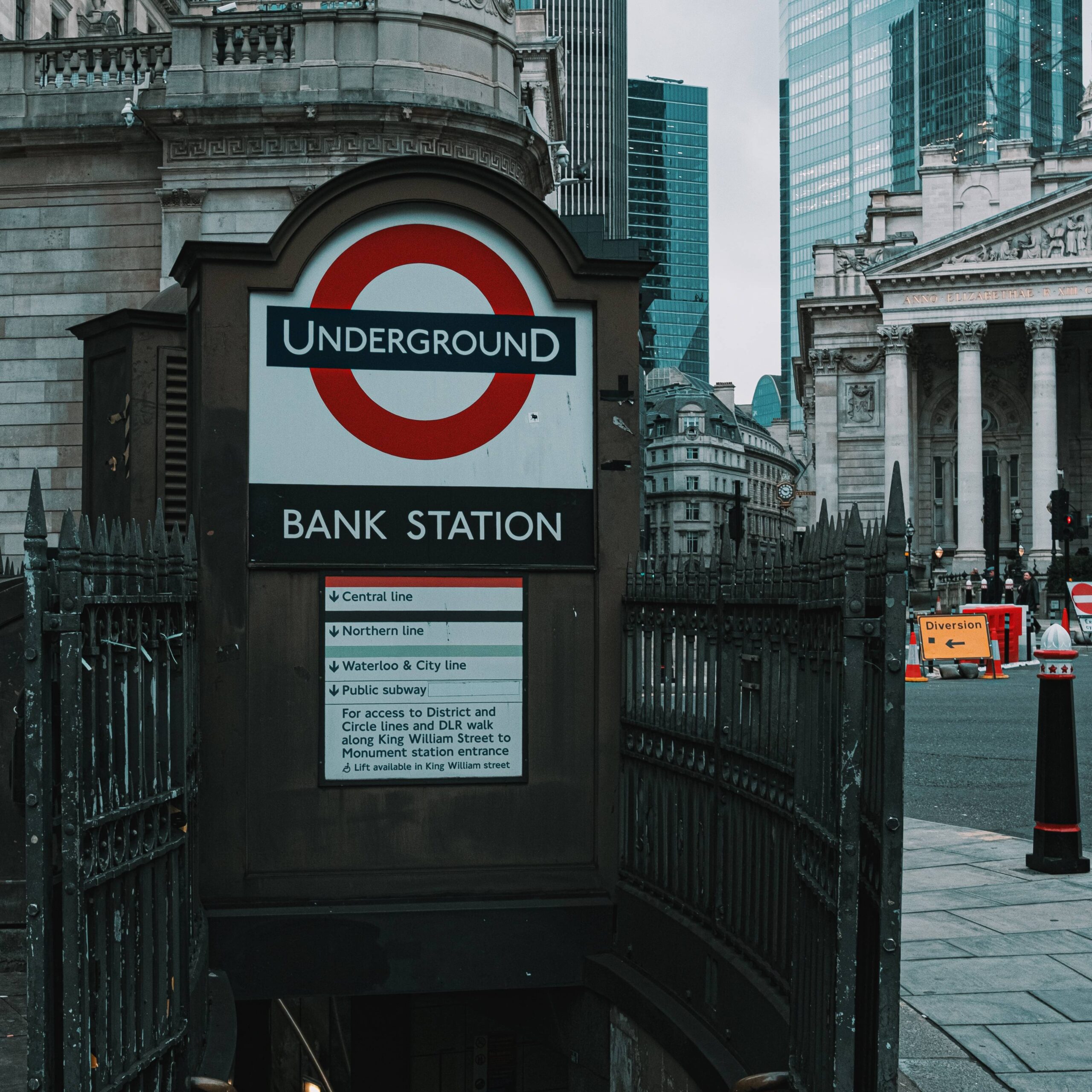
Weekly news update
“We will keep interest rates high enough for long enough to make sure we get inflation… back to the 2% target”
As highly anticipated, the Bank of England’s (BoEs) Monetary Policy Committee voted to retain Bank Rate at 5.25% last week for the second consecutive month. Six members of the committee favoured this course or action, while three members preferred a 0.25 percentage point increase to 5.5%.
The Committee expect Bank Rate to remain around 5.25% until Q3 next year, before gradually declining to 4.25% by the end of 2026.
The minutes from the meeting outline expectations that UK GDP will have been flat in the third quarter of this year, weaker than projected in the August Report. Looking ahead, UK economic growth is expected to be subdued until 2025.
With expectations that the UK will avoid a recession, Andrew Bailey Governor of the BoE said the muted growth outlook was “not that unusual,” adding, “If you look at other countries, you’re seeing pretty similar pictures quite frankly and one or two others are in recession at the moment.”
In the coming months, the Bank does expect inflation to ‘fall sharply’ to 4.75% in Q4 this year, 4.25% in Q1 2024 and 3.75% in Q2 next year. Mr Bailey said, “We will keep interest rates high enough for long enough to make sure we get inflation all the way back to the 2% target.” Although still well above target, this will be welcome news for all. The reduction is expected to be attributed to lower energy, core goods and food price inflation.
On the conflict in the Middle East, Mr Bailey said that it does pose a risk and that
“any sort of wider disturbance in the Middle East” could impact energy prices, but the Bank will “watch that very carefully.”
Further reaction to the decision to retain Bank Rate came from Deputy Chief Executive Officer at the Mortgage Advice Bureau, Ben Thompson, who commented, “Today’s hold in interest rates is good news for those with mortgage deals expiring soon, and prospective buyers looking to get onto the property ladder. Another hold is likely a sign that the Bank of England has now concluded this cycle of interest rate hikes, but we mustn’t get complacent. This could very much change in the coming months based on how, and indeed if, inflation continues to fall.”
In his speech to Parliament, King Charles said the government will continue to support the Bank of England to control rising prices by “taking responsible decisions on spending and borrowing.”
And in the US…
The strength of the world’s largest economy is always closely monitored by policymakers, and last week was no exception. Across the pond, following a two day policy meeting the Federal Reserve opted to retain the benchmark Federal Funds Rate at a range of between 5.25% and 5.5%, the highest level for over 20 years. In a statement, the Federal Open Market Committee said that in Q3 the US economy grew at a ‘strong pace’ and although ‘inflation remains elevated’ it is continuing to fade from its highest level in a generation. The Fed Chairman Jerome Powell set a cautionary tone when he said the central banks campaign to bring down price growth has “a long way to go,” potentially leaving the door open to further increases in the coming months. The final rate-setting meeting of the year will convene on 12 December.
House prices see unexpected increase
The monthly average house price stats from Nationwide showed prices rose by 0.9% month-on-month in October, compared to forecasts of a 0.4% monthly decline. This represents the largest increase since March, as a shortage of properties supported values. The average sold property price rose from £257,808 in September to £259,423 in October. Despite this, house prices remain 3.3% lower compared to October 2022. Nationwide’s Chief Economist Robert Gardner said that activity in the housing market is still “extremely weak,” as buyers contend with higher mortgage rates, he added that, “affordability remains stretched” and “market interest rates, which underpin mortgage pricing, have moderated somewhat but they are still well above the lows prevailing in 2021.”
The Bletchley Declaration
The inaugural Artificial Intelligence (AI) Safety Summit took place in the UK last week and was hosted by Rishi Sunak. One key outcome was the signing of the Bletchley Declaration, with 28 countries and the European Union agreeing to meet regularly in order to discuss the global risks posed by AI. The declaration also outlines plans for greater transparency from AI developers regarding safety practices.
Here to help
Financial advice is key, so please do not hesitate to get in contact with any questions or concerns you may have.
The value of investments can go down as well as up and you may not get back the full amount you invested. The past is not a guide to future performance and past performance may not necessarily be repeated.
